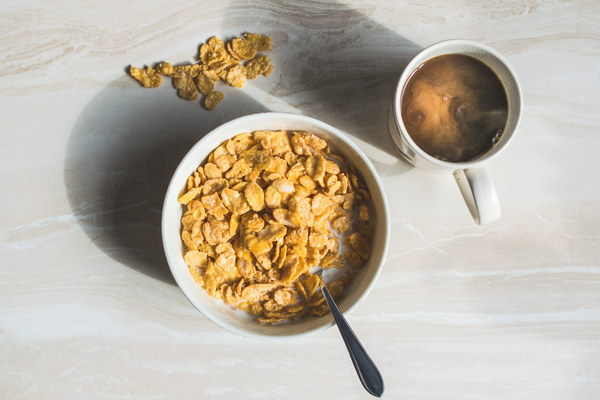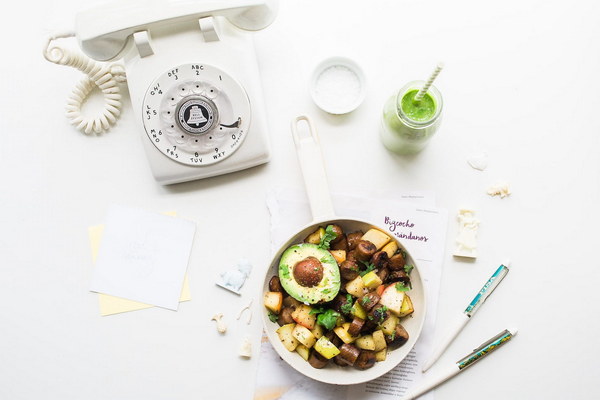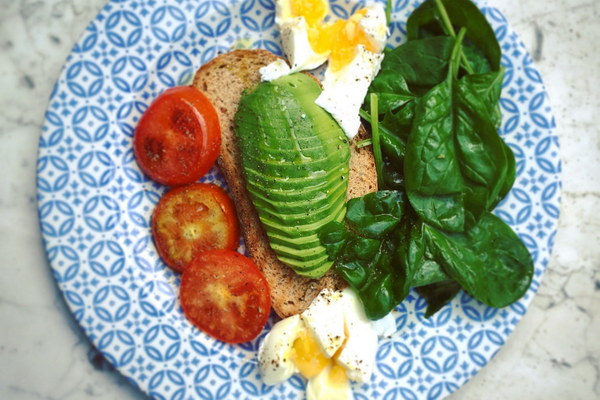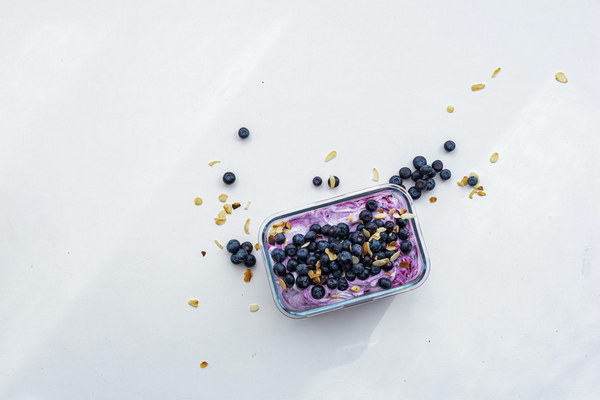Nutritional Guidelines for Post-Colectomy Patients A Comprehensive Diet Plan for Healing and Recovery
Introduction:
The removal of intestinal polyps, also known as colectomy, is a common surgical procedure for treating colorectal cancer or other gastrointestinal conditions. After surgery, patients often require a specific diet to aid in healing and recovery. This article provides a comprehensive guide to nutritional guidelines for post-colectomy patients, including dietary recommendations and tips for a healthy and nutritious diet.
1. Introduction to Post-Colectomy Diet:
Following colectomy surgery, patients may experience temporary changes in bowel habits, such as diarrhea, constipation, or abdominal pain. A well-balanced diet can help manage these symptoms and support overall recovery. It is essential for patients to work closely with their healthcare providers to tailor their diet to their specific needs.
2. Nutritional Guidelines:
a. High-Protein Diet:
Protein is vital for healing and tissue repair. Include lean meats, fish, poultry, eggs, dairy products, legumes, and plant-based protein sources in your diet. Aim for about 0.8 grams of protein per kilogram of body weight daily.
b. Fiber-Rich Foods:
Fiber helps maintain bowel regularity and can reduce the risk of developing new polyps. Include a variety of fruits, vegetables, whole grains, nuts, and seeds in your diet. Aim for 25-30 grams of fiber per day, depending on your healthcare provider's recommendations.
c. Hydration:
Stay well-hydrated by drinking plenty of water throughout the day. Water aids in digestion, helps prevent constipation, and supports overall kidney function. Aim for at least 8-10 glasses of water per day.
d. Low-Fat Diet:
Reduce your intake of high-fat foods, such as fried foods, baked goods, and red meats, as they can exacerbate symptoms of diarrhea and bloating. Opt for low-fat dairy products and choose lean proteins.
e. Small, Frequent Meals:
Eat smaller, more frequent meals throughout the day to avoid overloading your digestive system. This can help manage symptoms of bloating, gas, and diarrhea.
3. Foods to Avoid:
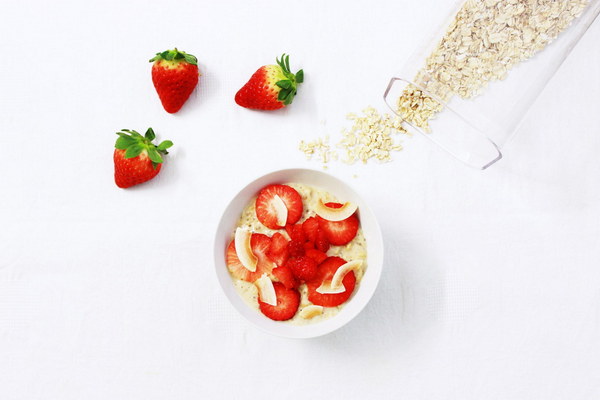
a. Spicy Foods: Spicy foods can irritate the digestive tract and exacerbate symptoms of diarrhea and abdominal pain.
b. Alcohol: Alcohol can disrupt digestion and interfere with healing.
c. Caffeinated Beverages: Caffeine can stimulate bowel movements and exacerbate diarrhea.
d. Carbonated Beverages: Carbonated drinks can cause gas and bloating.
e. High-Fiber Foods: High-fiber foods can be challenging to digest and may worsen symptoms in the early stages of recovery. Consult with your healthcare provider about when it is safe to reintroduce these foods.
4. Tips for a Healthy Diet:
a. Listen to Your Body: Pay attention to how different foods affect your digestion and adjust your diet accordingly.
b. Experiment with Recipes: Get creative with recipes and try new foods to ensure a balanced and enjoyable diet.
c. Plan Your Meals: Plan your meals in advance to ensure you have a variety of nutritious foods available.
d. Seek Professional Advice: Consult with a registered dietitian or nutritionist for personalized dietary advice and support.
Conclusion:
A well-balanced diet is crucial for post-colectomy patients to support healing and recovery. By following these nutritional guidelines and working closely with healthcare providers, patients can improve their quality of life and reduce the risk of developing new polyps. Remember that dietary changes may be necessary over time, so stay flexible and open to adjustments as your body heals.
